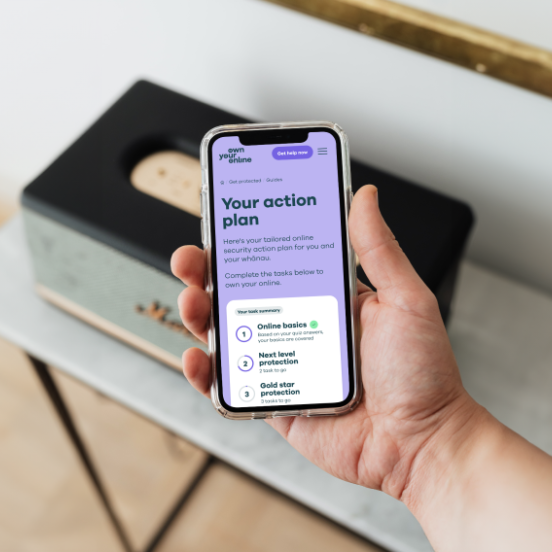Why it matters
The passwords you use online protect so much of your life – from your money to your email to your social media – so it's important to make sure they do their job.
It's easy to think "I don't have anything worth stealing", or "no one's going to go to the effort to hack me". But most online security attacks are random. Attackers don’t target specific people. Instead, they look for easy ways to get hold of people's personal information online. They’re not picky about who it belongs to.
The risks
Attackers can gain access to personal information by:
- accessing the email addresses and passwords for accounts that have been leaked online in data breaches
- buying lists of passwords that are sold online
- using
software
that works through combinations of letters and numbers to 'guess' passwords – a weak password can be cracked in milliseconds.
Think about what might happen if someone got hold of the password for your email account, for example. You might think your email account isn't much use to anyone else, but:
- your email password could also be the password for your social media accounts, giving an attacker access to your contacts and personal information
- work or contract information, or other sensitive information, might be stored in your
account
- an attacker could send emails that look like they come from you containing links to download
malware
, such as ransomware
- an attacker could use the 'forgot password' option on your other accounts to reset your passwords and lock you out of your accounts.
Attackers can do a lot of damage with very little effort, and the damage can take years to fix – for example, if an attacker gets into your bank account, it can be very hard to recover the money that they steal.
